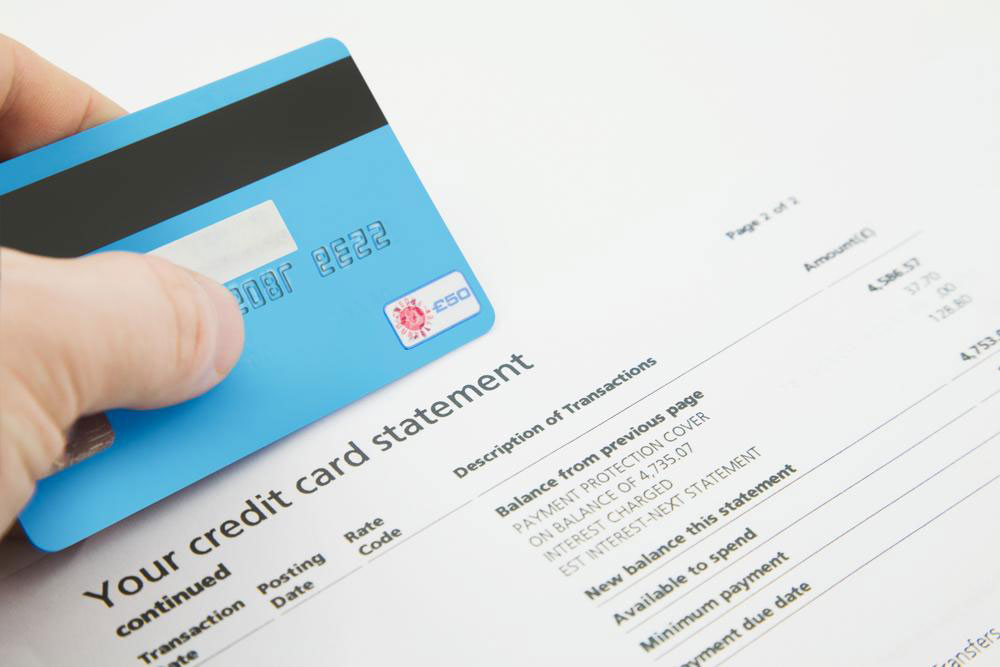Effective Strategies to Overcome a Mortgage Application Rejection
Facing a mortgage rejection can be disheartening, but understanding its causes and adopting strategic measures can boost your chances in future applications. This comprehensive guide covers credit score improvement, debt management, and long-term planning to help prospective homeowners overcome setbacks and successfully secure their mortgage. Stay informed and patient—your ideal home loan is within reach with the right approach.

How to Successfully Overcome a Rejected Mortgage Application
Facing rejection when applying for a mortgage can be a discouraging experience, but it’s important to understand that such setbacks are often just temporary obstacles on your path to homeownership. Recognizing the underlying reasons behind your application's denial, understanding the typical waiting periods before reapplying, and implementing strategic improvements can significantly enhance your chances of approval in future attempts. With patience and targeted actions, you can turn around your financial profile and position yourself as a more attractive candidate for lenders.
Mortgage rejections commonly occur due to factors such as a poor credit score, high levels of personal debt, inaccuracies on your financial reports, or insufficient income documentation. By thoroughly understanding these key issues, you can prepare more effectively for subsequent applications, increasing your likelihood of success and reducing the time taken to secure your desired mortgage loan.
Understanding the Causes of Mortgage Application Rejection
When your mortgage application is denied, lenders typically provide a reason. The most frequent causes include low credit scores, which reflect your financial reliability; high debt-to-income (DTI) ratios, indicating your borrowing capacity relative to your income; inaccuracies or discrepancies in your credit report; insufficient income or employment history; and recent financial difficulties such as missed payments or bankruptcy. Identifying which of these issues apply to you is crucial for devising an effective improvement strategy.
The Role of Your Credit Score and How to Improve It
Lenders give considerable weight to your credit score when assessing your loan application. A poor credit score suggests past credit difficulties and raises concerns about your future repayment ability. To address this, thoroughly review your credit report through authorized agencies, dispute any inaccuracies or fraudulent activities, and work on improving your credit standing.
Strategies to Boost Your Creditworthiness:
Review your credit report regularly for errors and report any discrepancies promptly.
Reduce your overall debt, especially high-interest credit card balances.
Make all existing loan payments on time, including utilities and other bills, to establish a positive payment history.
Avoid opening new credit accounts unnecessarily before reapplying.
Managing Debt and Financial Stability
High levels of existing debt can hinder your chances of approval. To improve your profile, focus on paying down debts, especially those with high interest rates, to lower your debt-to-income ratio. Maintaining a steady employment record with consistent income further supports your application. Demonstrating financial stability over time reassures lenders that you are a reliable borrower.
Optimal Steps to Take After Mortgage Rejection
Increase Your Down Payment: A larger down payment can compensate for some credit shortcomings and demonstrates your commitment to the property.
Seek a Co-Signer: Having a co-signer with stronger financial credentials can improve your chances of approval.
Explore Different Lenders: Not all lenders have the same criteria. Shopping around or working with smaller banks and credit unions may yield better results.
Improve Your Financial Profile: Focus on building steady income, reducing debts, and establishing a responsible credit history.
Long-Term Strategies for Mortgage Qualification Success
Beyond immediate reapplication tactics, adopting a long-term approach ensures a more favorable mortgage application in the future. Regularly monitor your credit report, keep debts manageable, and maintain consistent employment. Establishing a robust credit history through timely payments and reduced debt enhances your credibility. It’s advisable to avoid major financial changes—such as switching jobs or taking on new debts—during this period to keep your profile stable.
Staying Informed and Preparing for Your Next Application
Stay updated on mortgage trends and lender requirements by following trusted financial news sources, social media, and professional advice networks. Being well-informed allows you to tailor your financial improvements effectively and be ready when the right opportunity arises. Patience, persistence, and a strategic approach will ultimately help you secure the mortgage you need to achieve your homeownership goals.
For ongoing tips and the latest news on home financing, follow us on social media platforms and subscribe to our updates. Your journey to owning a home is a marathon, not a sprint, and thoughtful preparation can make all the difference.





